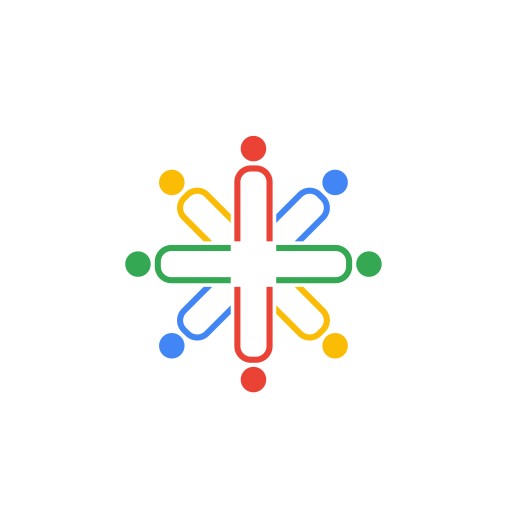While workplace stress can lead to poor mental and physical health, other issues – an injury or a disruption in different aspects of an individual’s life can also lead them to develop a substance use disorder. For many health workers, an unstable and unpredictable work life can impact family, community, and finances in addition to the emotional and physical stress they already experience.
Many healthcare workers will place the well-being of others before themselves, as their job often requires. This dedication to their family and their job may ultimately be harmful if it delays or prevents workers from getting the help that they need for themselves. The financial strain that healthcare workers can endure, especially during these post-covid times with an economic downturn looming, also increases the chances of healthcare workers suffering from substance abuse.
A 2022 Harris Poll found that 52% of healthcare workers are feeling less confident about their personal financial situation compared to a year ago and the majority of those surveyed said their personal financial situation has had negative impacts on their mental health, physical health, and their relationships at home. It’s crucial, then, to support healthcare workers who may be going through issues in these areas of life to ensure they are receiving the support they need and prevent them from falling victim to substance use disorders.
Work-related signs a healthcare worker may be struggling
Oftentimes, there are signs a healthcare worker exhibits that signal a substance use disorder, especially if they are using drugs at work. It’s important to know the signs to help keep both healthcare workers and patients safe. It may be difficult to differentiate from normal stress-related behaviors and substance misuse, but a healthcare worker that consistently has these signs should be evaluated to at least ensure that their mental health is not suffering and at most prevent them from diverting if they haven’t already:
- High absenteeism/tardiness
- Frequent sickness
- Increased isolation from staff
- Dramatic excuses
- Unusual willingness to fill vacancies or cover shifts
- Frequent bathroom trips
- Present when not assigned/scheduled
- Large amounts of medication waste
- Incorrect automatic dispensing cabinet counts
- Numerous corrections to medical records
When it comes to identifying workers who might be at risk of or are currently diverting drugs to fuel their own substance abuse issues, knowing the signs to look out for is one part of the process. AI and emerging technologies are helping identify instances of possible diversion by regulating drug life cycle processes and automating tasks that would otherwise have to be manually performed.
Leaning into emerging technology that incorporate unsupervised machine learning to analyze large quantities of data across patients, locations, and time will help hospitals and health systems determine anomalous behavior in workflows, patient care, or patient outcomes, and will allow health systems to better detect and prevent healthcare workers from falling into a cycle of diverting drugs for their own addiction. This type of software can continuously learn unusual and ever-changing patterns of behaviors, “evolving” to detect the patterns and outliers in data without the need for a large dataset of confirmed cases of diversion.
Understanding the inner workings of impaired healthcare workers is another part of the process and arguably the most important one. All the factors previously mentioned are important to foundationally rationalize why a healthcare worker might engage in such behavior. However, the motivations and ways in which the mind of an impaired healthcare worker rationalizes such behavior and evades detection is a deeper understanding that we can only gain from conversations
If you or someone is dealing with a substance use disorder.
Substance Abuse and Mental Health Services Administration (SAMHSA) offers a free, confidential national helpline for individuals and families facing mental and/or substance use disorders at 1-800-487-4889. The National Institute on Drug Abuse also offers this resource for those seeking drug abuse treatment: Seeking Drug Abuse Treatment: Know What to Ask.

Recent Comments